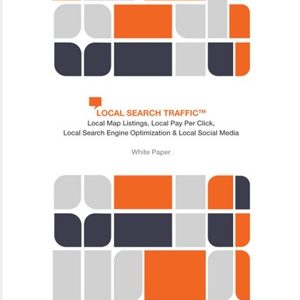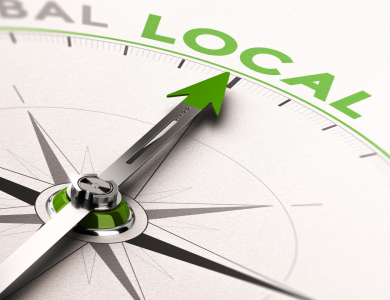
Google’s search algorithm is constantly being refined. However, updates and changes to their algorithm are released periodically. Last year, Google introduced an improvement known as Pigeon, aimed at enhancing search results for local sites. Why focus on improving local searches? Several reasons include:
- Elevating local businesses over corporate chains (e.g., a local pizzeria versus a national chain)
- Encouraging community development within local areas
- Providing local consumers with a better understanding of their community through the Internet
This update provides a significant boost to locally owned businesses, helping them reach their target audience across the Internet. Travelers rarely use print directories when searching for local businesses; they rely on Google.
With the introduction of the Pigeon algorithm, the importance of local search was acknowledged. Now, consumers can more easily find businesses that match their needs in their local area.

The Most Common Mistakes Sites Make in Local SEO
Following Google’s update to its local SEO algorithm, many websites experienced a drop in their Google rankings. The majority of those affected were making common mistakes. If your local rankings are suffering, consider whether these factors apply to you:
- Your website is spammy
- Your content is thin
- You’re misusing your keywords
- Your homepage has keywords but lacks content
- Improper use of tags
- Your local targeting is too broad
If your content is sparse and overly focused on keywords rather than providing value, search engines will overlook you. Google favors websites that create meaningful content for users over those that inundate with keywords. Additionally, if your targeting extends beyond your actual locality, you may miss relevant local searches. To achieve higher rankings, you need to enhance your website and make it genuinely useful to real users.
Improve Your Site, Improve Your Local Rankings
There is a simple rule to improve your ranking in Google’s local algorithm: make your website genuinely useful to real people. What does that look like, and how can you achieve this?
- Create engaging content that answers users’ questions
- Ensure your homepage addresses 90% of important questions
- Avoid keyword spamming
- Use title tags effectively
- Ensure your site graphics are attractive and complement the overall design
If you’re short on ideas, gather feedback from your customers through surveys to determine what they consider a good website. Make your site align with their preferences.
You can also benchmark against your competitors’ websites, both local and national. As an internet consumer, use your own experience to identify effective elements.
In addition to optimizing your content, further localize your content by:
- Including local references in image names
- Geo-tagging your images
- Using Schema Markup
Your online visibility is crucial. If customers can’t find your website on their devices, your business will remain hidden in search results.
Another crucial aspect for local search is citations. Ensure all offsite mentions are consistent in terms of logos, branding, business descriptions, and NAP (name, address, phone number). Accurate and claimed listings prevent negative impacts on your search rankings.
Consider which websites you like and why you like them. Creating a useful website is conceptually simple and can be effectively implemented.
Image Credits
Featured Image: momoforsale via Shutterstock
Image #1: best pixels via Shutterstock



